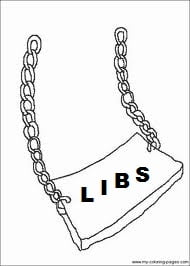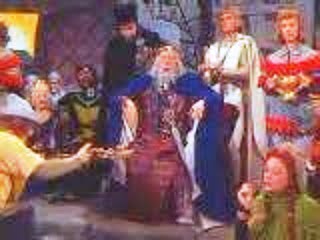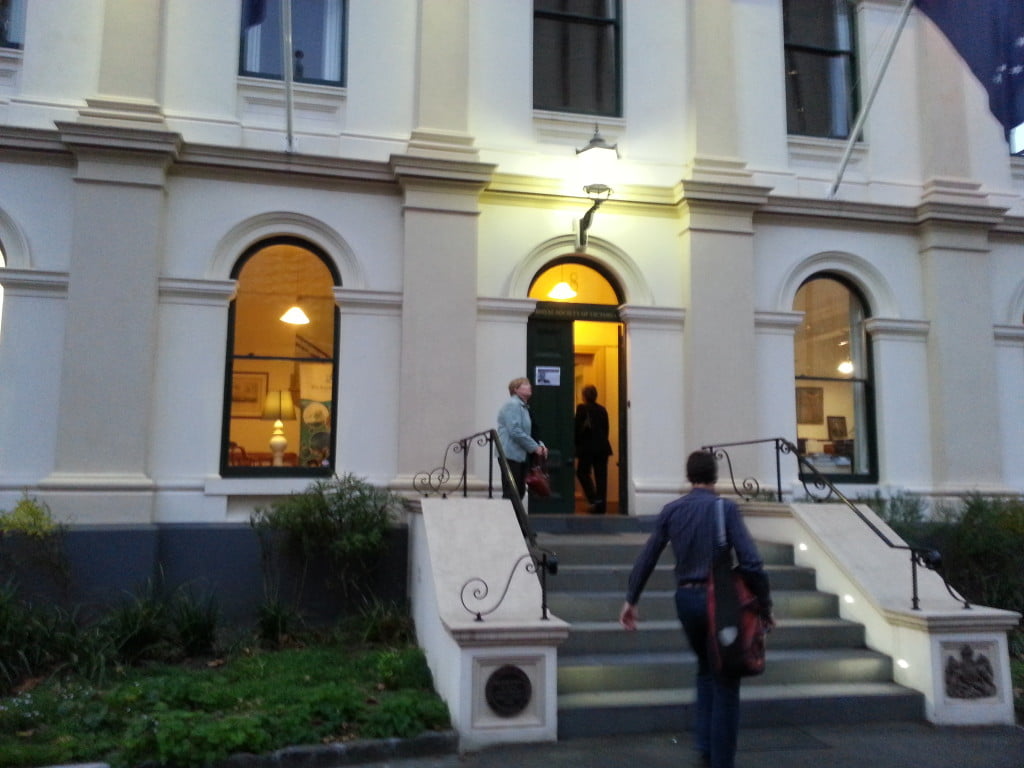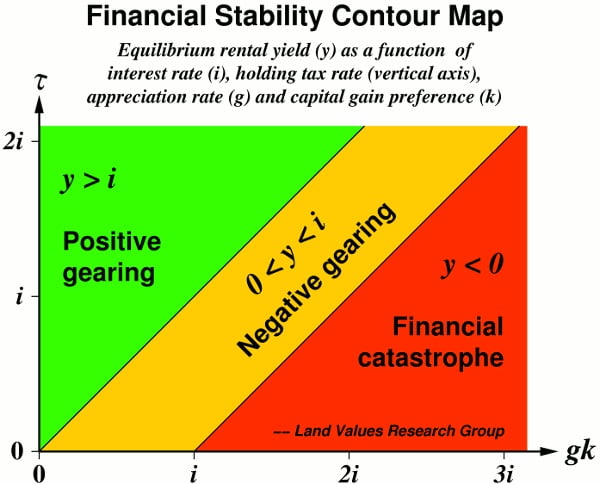PRE-1930 OPINIONS OF LEADING AMERICAN ECONOMISTS
received by the American Association for Scientific Taxation, 15 Park Row, New York City.
_______________________________________________
The phrase “unearned income” is quite generally used in a loose and ambiguous way and has consequently lost much of its real significance. No income is unearned which is received in payment for such economic services as would not be rendered in adequate degree except on that condition.
The real unearned income is that which accrues to an individual without his having done anything which contributes to production. Of the several types of such income the most important is that which issues from the site-value of land. The recipient of such an income does nothing to earn it; he merely sits tight while the growth of the community about the land to which he holds title brings him an unmerited gain. This gain is at the expense of all true producers whether they be labourers, enterprisers or investors in industrial equipment. The taxation of this gain can do nothing to deprive the community of any service since the done is rendering none. The land will be there for the use of society whether the return from it is taxed or free. Society creates the value and should secure it by taxation.
The approach to scientific taxation involves a shifting of the burden from productive industry, where it now lies, to such incomes as these which are in truth unearned. Like many other reforms this must be accomplished only step by step but the path along which we ought to move lies clearly within our sight.
FRANK D. GRAHAM, Professor of Economics, Princeton University
___________________________________
The site-value of land is so obviously a socially created value that few, if any, theoretical economists worthy of consideration will deny it. Unfortunately, for reasons which appear utterly inconclusive, many of them oppose any effort to single out this value as a special object of taxation. They object that the right to privately appropriate it has been purchased in good faith with money which we must presume to have been earned. The claim of these purchasers is indeed entitled to consideration, but why it should serve to perpetuate among future generations, a system which is as unethical as it is unsound economically, is beyond me. This claim would but justify, at most, a bit of gradualness in our programme.
GLENN E. HOOVER, Assistant Professor of Economics and Sociology, Mills College
_________________________________________________
I favour a special tax on land values insofar as these values are the result of location rather than of fertility. Fertility may be easily exhausted, it is difficult to conserve, and still more difficult to restore when once exhausted. The farmer must he left with an adequate motive for conserving fertility. Therefore I should treat fertility as I would ditches and other improvements. Location value, however, is a different thing. It seems to me to be a good subject for special taxation.
TN CARVER, Professor of Economics, Harvard University.
___________________________________________________
I cannot agree that land value should be the sole source of public revenue. Nevertheless, premising that so important a change should not be made abruptly, I favour the gradual reduction so far as possible of taxes on the products of labour and taking instead the economic rent of bare land.
IRVING FISHER, Professor of Economics, Yale University
_________________________________________________
The present general property tax is unjust to farmers and uneconomic from the public standpoint, because it places high taxes on the farmers’ fertility, improvements, timber and personal property. This portion of his taxes should be greatly reduced and even abolished, on the part amounting to more than 60 per cent of agricultural values; but the bare land value, amounting to 40 per cent. or less, should be taxed at higher rates. By no possible effort or expense can he, as an individual, increase his bare land values. These are increased by the labour, management and thrift of other taxpayers and other industries in the form of highways, railways, schools and profitable markets.
Farmers’ bare land value for solely agricultural purposes, distinguished from its speculative value near cities, scarcely runs as high as 100 dollars per acre, but urban bare land values run as high as several million dollars per acre, while bare water-power values are becoming fabulous. Bare land values, including the value of mere waterpower, are due solely to scarcity, while the values of fertility, improvements, machinery and personal property are due mainly to thrift, good management and labour.
JOHN R. COMMONS, Professor of Economics, University of Wisconsin.
______________________________________________
I believe that we should increase the taxation of land, exclusive of improvements, at the same time that we decrease the taxation of the improvements thereon.
Such taxation of land should be increased gradually, not suddenly; and if extended over a long enough period of time, it would not be unwise to raise the tax to the point where it would appropriate to the state the greater part, if not the whole of, the economic rent. I do not believe however, in the Single Tax doctrine that such a land tax should be completely substituted for an other taxes.
RAYMOND T. BYE, Professor of Economics, University of Pennsylvania.
_____________________________________________________
It is obvious that the bare land with its contents and the waters that flow through and about it constitute the nature-provided environment of human beings and are rightly the subject of their equal claims. Also that the value-for-use of these natural resources is conditioned on population. It follows population as its shadow. It appears with the people and disappears when they go. This value, therefore, should, by the best of titles, be retained by the community as its most excellent source of public revenue.
The more the community draws upon this vast community-conditioned fund the less will be the forced contributions from capital and labour. This means that the greater and better distributed will be the purchasing power of the people.
Nor is the fiscal retention of bare-land rent to be regarded as a tax; being the rightful collection of revenue from the social estate, it is therefore not taxation, but, to its extent, displaces and avoids taxation.
I do not however regard as implicit in the principle of the social retention of land rent, the requirement that economic rent should constitute the sole source of public income. Never is any good revenue method rightly discredited by any other.
H I DAVENPORT, Professor of Economics, Cornell University.
___________________________________________________
I believe that the taxation now levied upon industry and consumption by our national, state and local governments should be removed completely and at once, and that the land-values of the country should be taxed to raise the revenues for the different branches of government. The land-value, which is a periodically accruing value, is the only measure of both community benefits and community ability to pay public revenues.
When we tax land-values we take, not the labour product of individuals, but a community product, to pay community expense.
The single tax on land-values is the only tax that collects from the people money in proportion to benefits received and ability to pay. It is the only tax that will cause reafforestation of our lands and thus the control of our rivers; the only tax that will put a check upon oppressive bureaucracy and oppressive captainship of industry; the only elastic tax whose elasticity is in direct relation to community needs and to community ability to pay. “Community” is used in both the local and the widest senses.
WILLIAM H DINKINS, Dean, and Instructor in Accounting & Economics, Selma University, Alabama.
____________________________________________________
I believe that one improvement in taxation policy could be made by increasing, gradually, the tax burden on bare land value and, correspondingly, lowering the burden on the improvements “in” and “on” the land.
Such a plan would take taxes to a greater degree from the socially-created portion of the property value and to a lesser degree from that portion of the value due to the work and thrift of the owner. Therefore, it would encourage work, thrift and wise investment.
In conclusion, I wish to say that I think the complete and scientific reform of the American Tax System is one of the most pressing present-day problems.
TJ ANDERSON, Jr., Associate Professor of Economics, Kansas State Agricultural College.
_____________________________________________
Similar opinions were received from numerous other economists, including:
Arthur T Hadley, former President of Yale University,
Tipton R Snavely, Professor of Economics, University of Virginia,
Paul H Douglas, Professor of Economics, Chicago University,
Thaddeus P Thomas, Professor of Economics, Goucher College, Baltimore,
Rev. Dr. John A Ryan, Catholic University of America.






